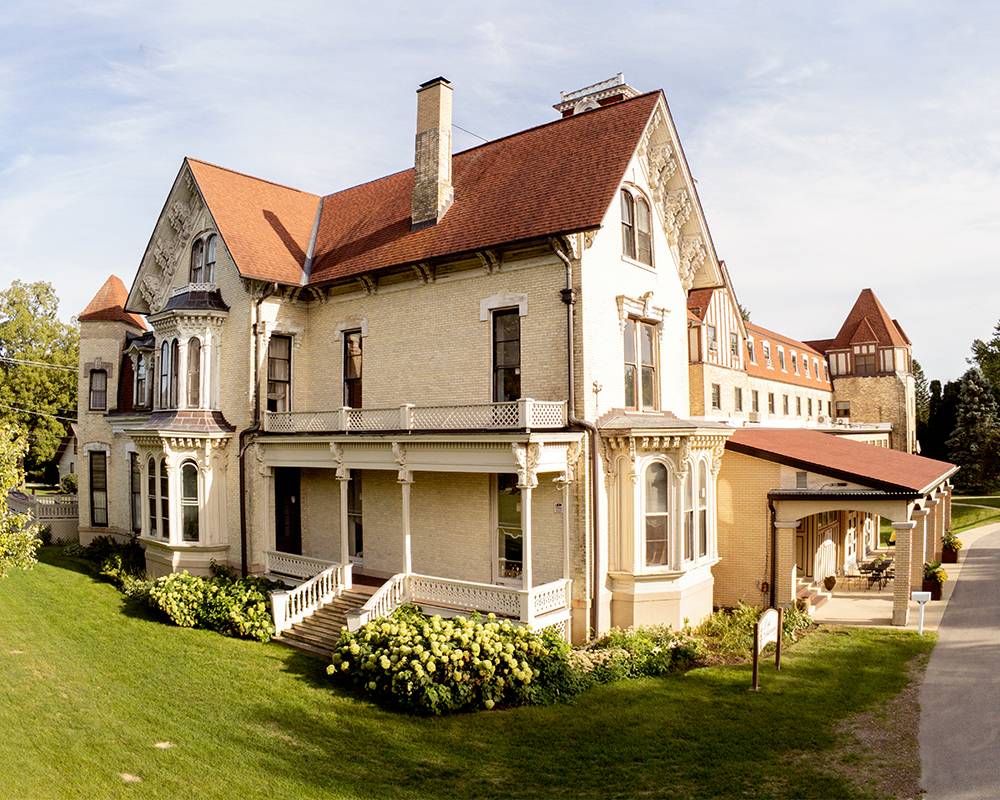It’s that time of year again, when Old Man Winter brings slippery roads full of snow and ice. It pays to be prepared for winter weather.
Keep a pair of jumper cables and an emergency kit in your vehicle at all times. Keep a flashlight in the glove box, along with gloves and an extra charging cable for your phone.
There are steps you can take to protect your vehicle, too. Start with good wiper blades, a supply of 20-below winter washer fluid, good tires and safe brakes. But there is one more item many overlook in the winter: keep your vehicle clean. “But wait,” you say. “It’s only going to get dirty again.” Yes, but rust is a huge detriment to your vehicle. And what causes rust? Road salt and brine spray.
Brine is used to pre-treat roads in the hope that snow will melt on contact. It’s cheaper and more effective than road salt, it’s sprayed on as a liquid, it lands where it’s directed and it’s 100% effective. It’s also safer for you as a driver and better for you as a taxpayer.
In most states, brine is a mix of rock salt (sodium chloride) and magnesium chloride, dissolved in water so they can be sprayed on the road. Magnesium chloride dissolves when there is only about 20% to 30% humidity, and it creates an acid that leads to car rust and corrosion. Think about it: Magnesium chloride is sprayed on the road, you drive over it, and it splashes on your car. Your car is wet constantly. The acid created by magnesium chloride stays on your car and slowly eats away at the paint and metal.
This is a headache for car owners and your auto technician. It runs up the cost of repairs, because the more rust there is, the harder it is to repair – sometimes, to the point that the vehicle is no longer cost-effective to fix.
What’s the bottom line? Wash your vehicle and wash it often, especially after heavy snow or ice – because you know those roads will be full of salt or brine. ❚
Jax Auto & Tire is located at 5220 S. Ill. Rt. 31, in Crystal Lake, (815) 526-3552.














